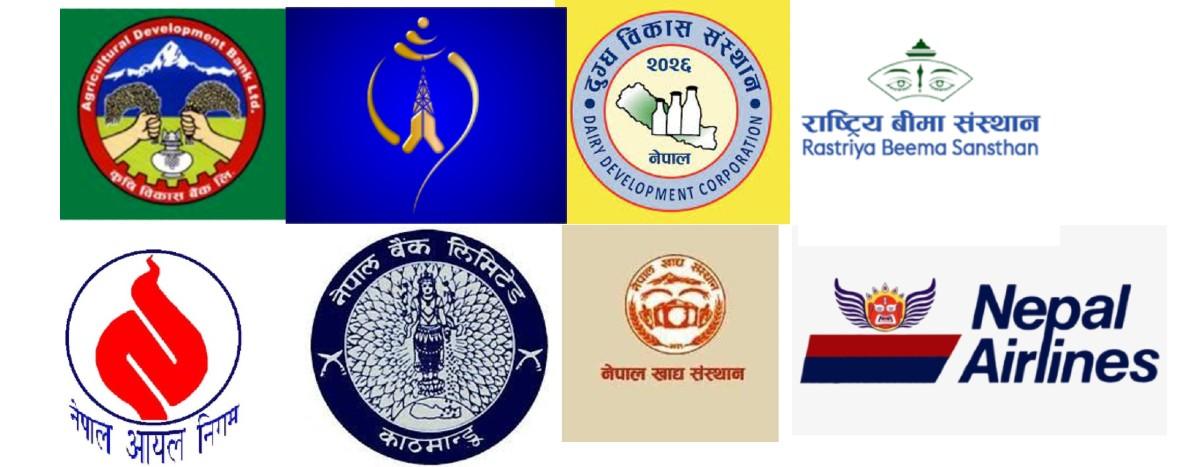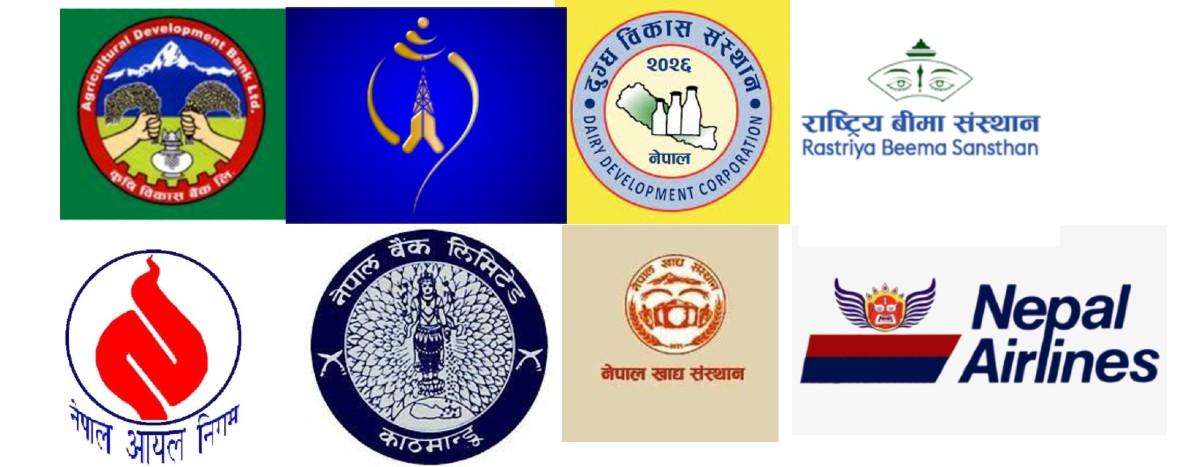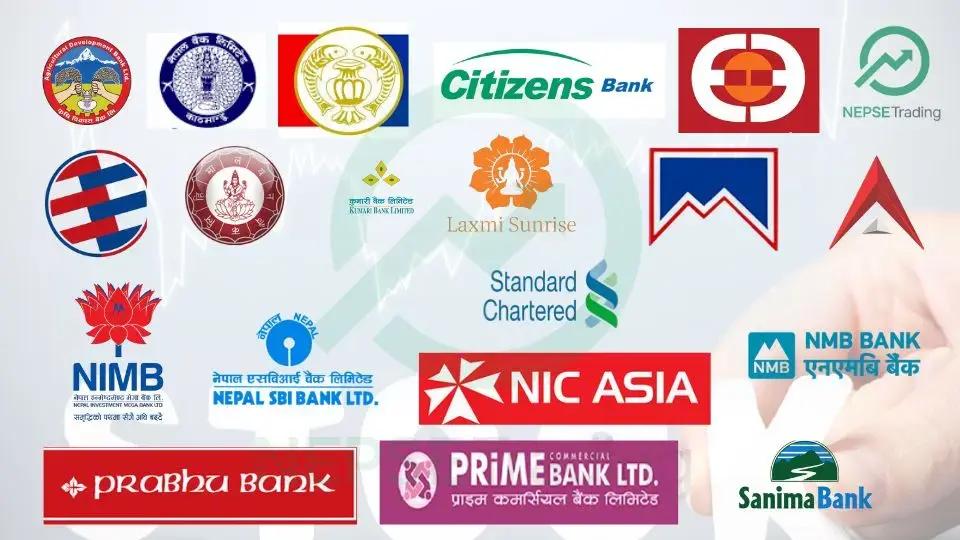By Dipesh Ghimire
Government Unveils Comprehensive Reform Roadmap for Public Enterprises: Focus on Efficiency, Governance, and Financial Discipline

The Government of Nepal has officially unveiled a broad reform framework aimed at enhancing the performance, governance, and financial discipline of the country’s public enterprises. The Ministry of Finance has released the “Public Enterprises Management and Governance Policy, 2082”, identifying critical challenges and outlining institutional reforms to improve efficiency, professionalism, and accountability.
The policy recognizes that public enterprises face structural, managerial, and financial weaknesses.
Low Financial Returns: Despite the government’s investment exceeding Rs. 703.93 billion in 45 public enterprises, the returns remain significantly low.
Weak Management and Oversight: The lack of effective monitoring, evaluation, and regulation mechanisms has hindered operational accountability.
Unqualified Leadership: Many institutions are run by executives who lack the expertise or alignment with the organization’s objectives.
Inefficient Staffing and Growing Liabilities: Poor human resource management, increasing contingent liabilities, and weak internal controls have resulted in low productivity.
Limited Transparency: Financial reporting and institutional decision-making lack openness, undermining public trust.
Policy Objectives and Strategic Focus
The reform blueprint focuses on modernizing and restructuring the institutional, administrative, and operational dimensions of public enterprises.
Key strategic goals include:
Ensuring Financial Discipline: All public enterprises will be required to adopt transparent financial systems, ensure regular audits, and maintain risk management frameworks.
Restructuring and Professionalization: The government plans to redesign institutional structures to reduce unnecessary administrative expenses and promote efficiency-driven governance.
Merit-Based Leadership: Appointment and selection of leadership positions will be guided by qualification, competence, and inclusivity standards.
Technology-Driven Services: Service delivery will be digitized and integrated to ensure efficiency and minimize external interference.
Performance-Based Incentives: Enterprises will adopt performance measurement systems tied to incentives for improved productivity and accountability.
Human Capital Development: The policy emphasizes capacity building, training, and the introduction of modern technology for workforce efficiency.
Governance and Accountability Mechanisms
The Ministry of Finance has proposed mechanisms for:
Regular Monitoring and Evaluation: Establishing institutional frameworks for periodic performance assessment.
Executive Appraisal: Regular evaluation of CEOs based on enterprise objectives and results.
Transparent Remuneration System: Making compensation, allowances, and benefits time-relevant and transparent.
Participatory Decision-Making: Encouraging involvement of various stakeholders in decision processes to strengthen internal governance.
The policy also underscores the need to reduce political interference and re-establish accountability in public enterprises, aiming to restore public confidence and ensure sustainable performance.
This reform marks a significant shift from traditional bureaucratic control toward corporate-style management in Nepal’s public enterprises. By emphasizing meritocracy, transparency, and financial discipline, the policy seeks to make these entities competitive and self-sustaining. The move also signals the government’s intent to minimize fiscal risks, streamline inefficient institutions, and enhance return on public investment.
If effectively implemented, the roadmap could transform Nepal’s public enterprise landscape from politically influenced entities into efficient, accountable, and innovation-driven organizations aligned with national development goals.









